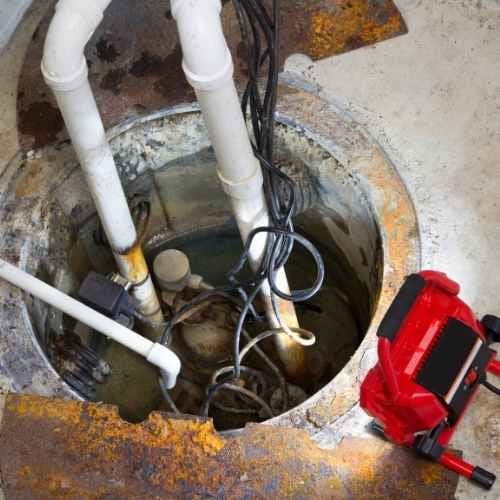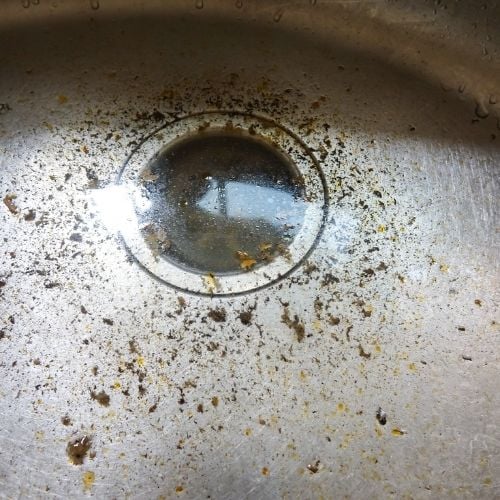Dealing with Musty Odors in a Dry Basement: A Guide to Plumbing and Sump Pump Maintenance
A dry basement is a homeowner's dream, providing valuable extra space and peace of mind. However, even if you've managed to keep your basement free from water damage, you may still encounter a musty smell. This persistent odor can indicate underlying problems related to your plumbing, sump pump, or slow drains. We'll explore why your basement may smell musty despite being dry and discuss practical steps to eliminate the odor.
-
Leaking Pipes:
Leaking pipes are one of the primary culprits behind musty odors in a dry basement. Even a tiny, hidden leak can lead to mold and mildew growth, producing a musty smell. Here's what you can do to address this issue:
- Visual Inspection: Start by inspecting all exposed pipes in your basement. Please look for signs of moisture, condensation, or visible leaks. Even a tiny drip can contribute to the problem.
- Call a Plumber: If you identify any issues during your inspection or suspect hidden leaks, it's crucial to contact a professional plumber. They can pinpoint the source of the leak and repair it promptly.
- Mold and Mildew Removal: Clean any mold or mildew that may have developed after fixing the leak. Use appropriate cleaning solutions and ensure the affected area is thoroughly dried.

-
Sump Pump Maintenance:
A sump pump is crucial in keeping your basement dry by removing excess water that may seep during heavy rains or groundwater infiltration. However, if your sump pump is not working correctly, it can lead to moisture buildup and a musty smell. Follow these steps to maintain your sump pump:
- Regular Testing: Periodically test your sump pump to ensure it's operational. Pour water into the sump pit to activate the pump and verify that it pumps it out effectively.
- Battery Backup: Install a battery backup for your sump pump. This ensures it works during power outages, preventing water accumulation and related odors.
- Annual Maintenance: Schedule annual maintenance with a professional to check for issues and make necessary repairs or replacements.

-
Slow Drains:
Slow drains in your basement's plumbing can lead to stagnant water and contribute to musty odors. Here's how to tackle this issue:
- Inspect Drains: Check all the drains in your basement for signs of clogs or slow drainage. Remove any debris or buildup that may be causing the issue.
- Use Drain Cleaners: Consider using a drain cleaner specifically designed for slow drains. Follow the instructions carefully to clear out any blockages.
- Professional Help: If the problem persists, it's best to consult a professional plumber who can accurately inspect and diagnose it.
A musty smell in your dry basement can be both frustrating and concerning.
By addressing potential problems related to leaking pipes, sump pump maintenance, and slow drains, you can eliminate the odor and ensure your basement remains a clean and comfortable space.
Regular inspections and proactive maintenance will help you enjoy a musty, odor-free basement for years to come, protecting your home and peace of mind.


